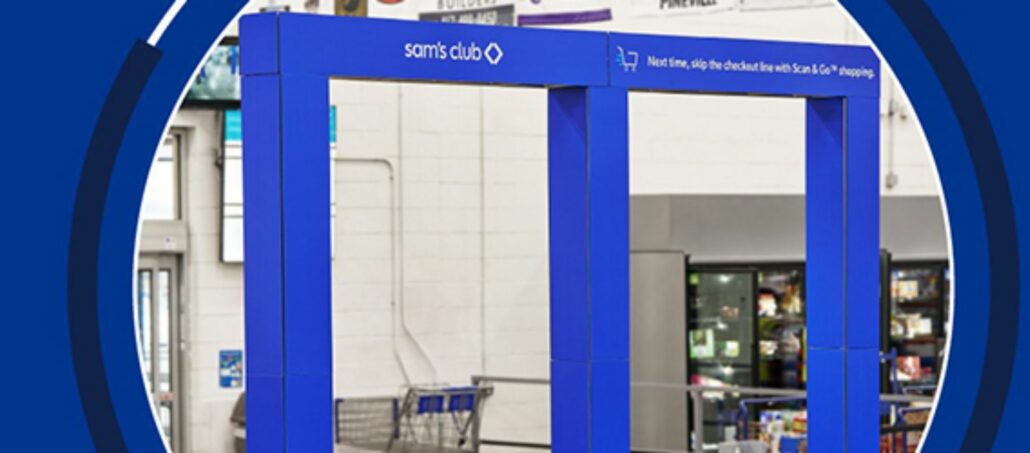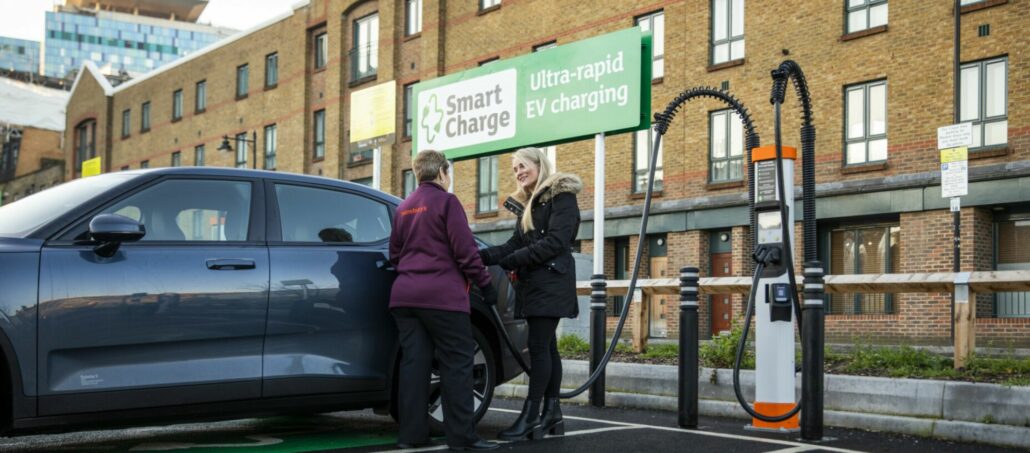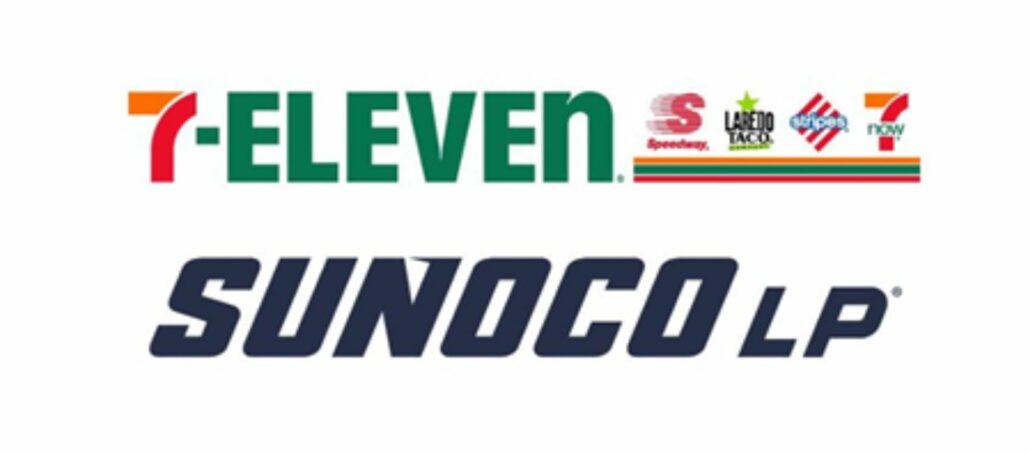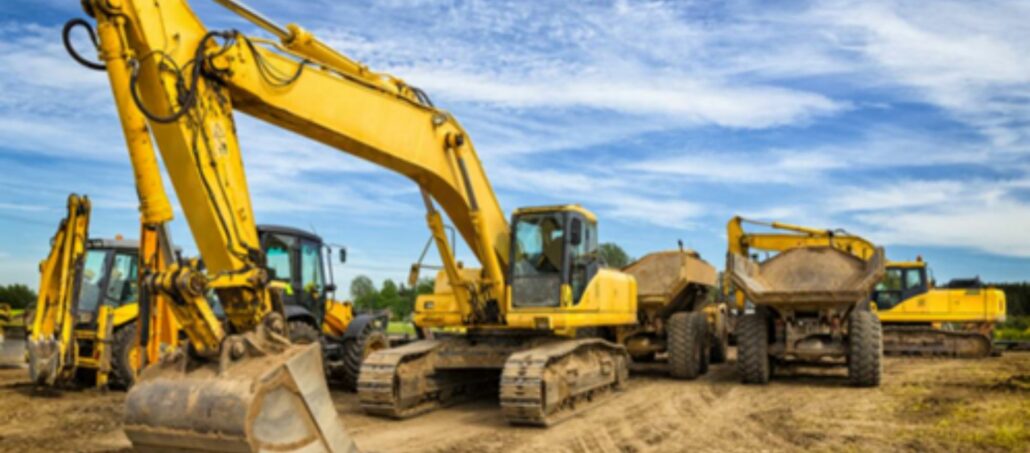Press Releases
GENERATIVE AI BEGAN 2024 WHERE IT LEFT OFF IN 2023, DOMINATING RETAIL CONVERSATIONS AND GATHERING MOMENTUM WITH RETAILERS EAGER TO CAPITALIZE ON THE INNOVATIVE TECHNOLOGY
This was evident in a major way at NRF 2024, where generative AI stood out as the dominant theme for reasons as numerous as the growing list of ways it helps retailers solve business challenges. For some perspective, remember that generative AI was barely on anyone’s radar at NRF 2023 because OpenAI released ChatGPT on November 30, 2022, a scant six weeks earlier. The rapid adoption of ChatGPT introduced the world to the wonders of generative AI, sparked a period of furious change, and left retailers searching for how their businesses could benefit from the technology. The speculation about possibilities turned into reality at NRF 2024 as retailers gained better visibility into real-world opportunities to improve productivity and create value. Here’s a look at some of the essential predictive and generative AI themes and considerations that were top of mind with retailers at the event: Speed: It was a lesson…
Read MoreSAM’S CLUB TO USE AI AT EXIT INSTEAD OF CHECKING RECEIPTS
Sam’s Club announced it will start using artificial intelligence at its store exits to verify all items were purchased, reported USA Today. Sam’s Club EVP and Chief Merchant Megan Crozier made the announcement during a keynote speech at CES 2024 trade show in Las Vegas. “Eliminating even the few seconds it takes to scan a receipt at the exit door is well worth it,” Crozier said during the speech. The exit technology aims to solve a “key member concern” of waiting in line for receipt verification, Sam’s Club parent company Walmart said in a news release. Sam’s Club will now have customers go through a gate-like portal rather than having an employee stand at the door and check individual receipts—an innovation that Crozier described as reimagining the future of retail in her presentation. The portal is equipped with what Walmart called “computer vision and digital technology” to verify purchases. The new exit system will use…
Read MoreWALMART EXPERIMENTS WITH AI TO ENHANCE CUSTOMERS’ SHOPPING EXPERIENCES
LAS VEGAS — Walmart has unveiled plans to dive further into the world of artificial intelligence — and drones — to improve its customers’ shopping experiences. In a Tuesday keynote at the CES trade show in Las Vegas, the nation’s largest retailer announced it will be expanding its drone delivery to 1.8 million additional households in the Dallas-Fort Worth metropolitan area later this year. Drones aren’t new to Walmart — which has already completed 20,000 drone deliveries across seven states to date — but company leaders say that this expansion is a sign of growing demand and efficiency. Walmart executives said no other rival has gotten this close to this type of drone concentration of households in a big metro market. Among AI advances, Walmart announced a generative AI-powered search tool for iOS users that suggests relevant products for consumer queries, ranging from football watch parties to bridal showers. The…
Read MoreSAINSBURY’S LAUNCHES SMART CHARGE TO BUILD CONFIDENCE IN PUBLIC EV CHARGING: CHARGING TECHNOLOGY IS PROVIDED BY KEMPOWER
New, convenient and easy-to-use ultra-rapid EV charging business launches today in the UK as research finds three quarters of EV drivers still suffer range anxiety Sainsbury’s has today launched Smart Charge, a brand-new, dedicated EV charging business that will give drivers access to ultra-rapid EV charging points across its stores in the UK. This bold move illustrates the retailer’s commitment to the EV industry while providing an exciting new service for drivers. Smart Charge is the first and only EV charging business to be fully owned and managed end-to-end by a UK supermarket. The state-of-the-art charging technology and equipment is provided by Kempower. In new research commissioned by Sainsbury’s, 80% of EV users admitted to avoiding long journeys because of not wanting to charge at public EV charging stations, describing the main frustrations as chargers being broken (40%), not enough charging bays (36%) and speed of service (33%). Designed to mitigate these…
Read More7-ELEVEN TO ACQUIRE 204 STRIPES STORES
Retailer picks up remaining locations in West Texas, New Mexico and Oklahoma from Sunoco for $1 billion. 7-Eleven Inc. has entered into an agreement to acquire 204 stores from Sunoco LP, which includes Stripes convenience stores and Laredo Taco Company restaurants, for approximately $1 billion. Located across West Texas, New Mexico and Oklahoma, these stores will join the more than 13,000 7-Eleven, Speedway and Stripes locations that 7-Eleven operates, franchises or licenses across the United States and Canada. Sunoco LP acquired Susser Holdings and its Stripes c-stores in 2015. In January 2018, 7-Eleven completed the acquisition of more than 1,000 Sunoco c-stores. As part of the current sale, Sunoco will also amend its existing take-or-pay fuel supply agreement with 7-Eleven to incorporate additional fuel gross profit. Proceeds from the sale will allow Sunoco to materially reduce leverage to execute on future growth opportunities while maintaining a strong balance sheet and multi-year distribution growth, Sunoco…
Read MoreHOW THE CONSTRUCTION INDUSTRY CAN ADDRESS SUSTAINABILITY AND REDUCE EMISSIONS
With urban environments accounting for nearly 40% of the world’s gross annual carbon emissions, it’s evident that the construction industry can play a key role in decarbonisation. But what strategies can be employed to meet those goals? The construction industry is a crucial player in the worldwide push to meet the target of net-zero emissions by 2050 as set out in the Paris Agreement. With urban environments accounting for 39% of the world’s gross annual carbon emissions, construction companies are on a journey to decarbonise their operations and the buildings they construct. To help make this happen, there has been a significant increase in investing in solutions that boost energy efficiency thereby reducing carbon emissions. In 2021 these investments increased by 16% to $237 billion, underscoring the importance of sustainability in the industry. As more and more construction happens, the industry will need to make sure they’re keeping up with…
Read More





